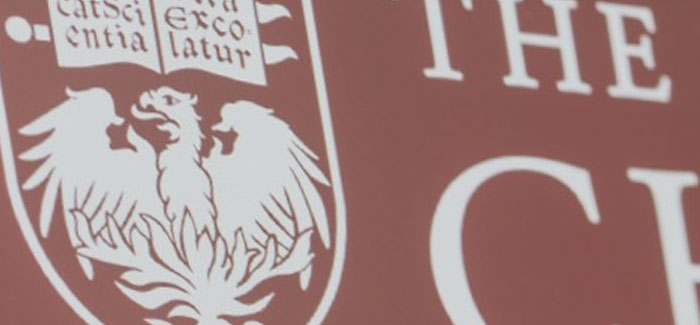
Report from the dean
Integrating the social sciences and the humanities.
One of the signal strengths of the University of Chicago is the seamless integration of the social sciences and the humanities, despite the separation in the administrative structure. Many faculty hold appointments in both divisions, many students study across and between, and the intellectual discourse flows freely back and forth. To further our productive partnership, in academic year 2009 the dean of the humanities, Martha Roth, and I charged a committee of distinguished faculty members to consider the future of humanistic endeavors at the University of Chicago and to identify the investments the University must make to secure Chicago’s place at the forefront of humanistic scholarship.
The report we received identified several areas of opportunity and several areas of need. It drew attention to our considerable strengths: our ambitious faculty, our proud history of innovation in the humanities and the humanistic social sciences, and our institutional flexibility. But it also identified vulnerabilities: the lack of support for visitors, lectures, and conferences; the absence of seed funding to support new and untried research at the frontiers of the humanistic disciplines; and the inability to give our faculty and students—and in fact our University—the visibility we ought to have.
Following the report we two deans proposed to President Zimmer and Provost Rosenbaum an initiative in the humanities and humanistic social sciences with two concrete and realistic goals: first, to make the University of Chicago the first-choice destination for scholars from other institutions throughout the world; and second, to make the University of Chicago the incubator for scholarship at the junction of the humanistic and social scientific disciplines. We envision it as providing a site for visiting scholars to pursue their research, to enrich the experience of our faculty, to learn from our faculty, and to appreciate more fully the special appeal of our intellectual environment; as a venue for the collaborative enterprises of our faculty, for their conferences and working groups, and for their joint exploration of new topics and approaches; as a physical space and a staff; and as a base of seed funding to support all these efforts.
I am pleased to say that the idea of a focused initiative in the humanities and social sciences has received an enthusiastic response from our faculty, our friends, and all of the University’s leadership. They are excited that we will at last develop capabilities we have lacked for too long and hopeful that we can leverage recent investments, such as the new Mansueto Library and the international centers in Paris and Beijing, as well as the proposed center in Delhi. Efforts are now afoot to renovate a building on campus, proximate to Regenstein Library and the Seminary Co-op Bookstore; to recruit a director and a faculty advisory board; to fill out a staff; and (of course) to secure the financial resources for a vibrant suite of activities.
We believe we can be the meeting place for the best scholars and the brokerage point for the best ideas in the humanities and social sciences. We have the right faculty and the right students. We have the right culture. And with this initiative, we will have the right resources.
John Mark Hansen, dean
